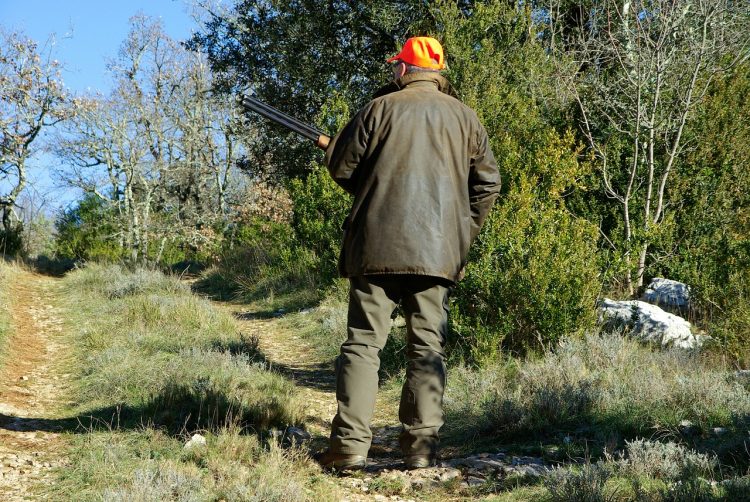Gun safety has become a top issue throughout the United States. While hunters generally have a good sense of gun safety and know not to point guns at humans, a wave of accidental shooting deaths has led to calls for greater awareness about using a firearm properly. Here are five important points to remember while hunting to ensure the safety of yourself as well as fellow hunters.
1. Wear Appropriate Clothing and Protection
Hunting season sometimes includes cold weather and at other times scorching weather. By dressing comfortably for the weather, you will be less distracted by its effects on mood and focus. Ideally, you should wear clothes that blend well with the environment, such as green, black, white and brown clothing. It also helps to wear something bright so that you are visible to distant hunters. Orange is a common color to alert other hunters. Wearing proper eye and ear protection is vital as well.
2. Follow Established Safety Standards
The concept of gun safety is as old as guns themselves. One of the most obvious safety rules is to always know the direction a barrel is pointed. Ultimately you must avoid pointing a firearm at a person even if it’s unloaded. Even teasing a person with an unloaded gun can cause them to panic and experience trauma. Another widely known safety practice is to treat every firearm as a loaded weapon. Many accidental deaths have occurred when a gun owner tried to clean the firearm, assuming it was unloaded.
3. Look Beyond Your Target
A major key to safe hunting is a combination of aim, focus, and execution. Prior to pulling the trigger, you must double-check beyond the target to ensure humans are not in danger. Since vision is crucial for this sport, you need to avoid taking chances if you cannot see the target or what’s beyond it clearly.
4. Understand How Your Gun Works
Every gun owner should be aware that the model’s caliber number reflects the size of the barrel’s bore in millimeters. The size and quality of the gun can be misleading to untrained users that some guns are safer than others. All guns should be thought of as potentially dangerous. If the gun misfires, proceed with caution.
Your finger should be on the trigger and not touching the trigger guard until you are ready to shoot. Additionally, you should be aware of your firearm’s shooting range, which in some cases may be longer than a mile.
All hunters should have a clear understanding that all firearms operate the same way, in which a pulled trigger moves a firing pin that hits a primer that explodes gunpowder, which causes a bullet to shoot from a barrel. Rifles have grooves inside the barrel that cause the bullet to spiral.
5.Unload Guns After Hunting
Once your hunting adventure is over, be sure to unload all the bullets as a measure to eliminate the possibility of unintended firing. It’s best to keep all hunting firearms unloaded when not in use, especially when storing them in a vehicle, and when you decide to clean them. Keep in mind not all states require gun safety locks. In fact, each state has its own gun laws, so it’s essential to be aware of regulations in your state.

